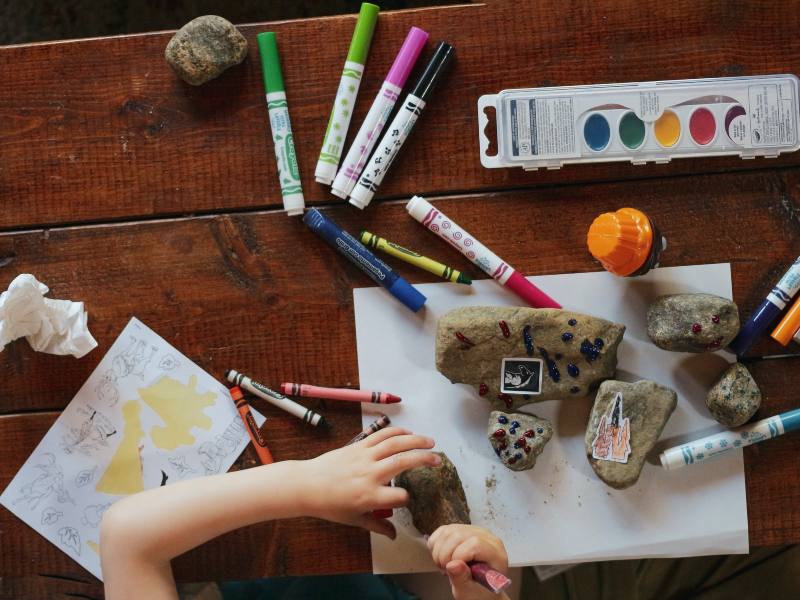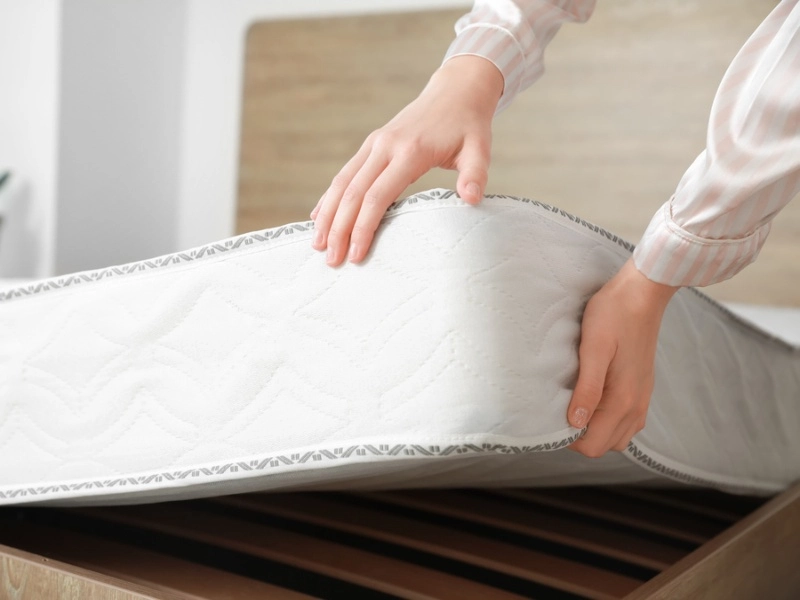With scam cases on the rise, you might find yourself asking these questions when shopping online: Is that deal too good to be true? How do I know if this seller is trustworthy? If you’re not sure how to identify a shopping scam, fret not! We’ve put together some useful tips on how you can avoid falling for a scam and ensure you have a safe shopping experience on Shopee!
1. How can I tell if a listing is a scam product?
Look out for these common warning signs that a listing may not be legitimate:
Price
- Branded or luxury goods listed at a very low price
Product image
- Low-quality product images, such as grainy images, or images that show only a part of the product
- Product’s appearance in images does not match images on official product websites.
Product information
- Product listing contains links to third-party websites, which may be phishing sites.
- Incomplete product name, or little to no product description with spelling or grammatical errors
- Spammed keywords in the product name or product description, such as “t-shirt, plain tee, tee, tee-shirt”
Shop information
- The seller has no website, social media accounts or any sign that they run a legitimate business. While brands new to the market may not have a website yet, they’ll most likely have a social media presence.
Of course, this list isn’t exhaustive. When in doubt, don’t follow through with your purchase! Instead, see if you can obtain the product from an “official” or authorised seller.
2. How do I identify an “official” seller or authorised reseller?
You can identify an official seller on Shopee by the Shopee Mall icon on their profile and product pages. These sellers have been verified by Shopee to sell products which are 100% authentic.
Not all official or authorised sellers are Shopee Mall sellers. What about other official sellers? If you’re not sure about a seller’s authenticity, visit the official product websites and look for an “official distributors or resellers” list. Cross-check it against the seller’s company name and relevant websites. Alternatively, if you can’t find such a list, contact the brand or manufacturer for verification.
3. Should I trust a seller with no ratings or no products sold?
This is a tricky one! Not all sellers with zero ratings or products sold are untrustworthy – they could simply be new sellers. For a better gauge, visit their websites and social media pages, read online reviews, and contact the seller via Shopee Chat for clarification.
If they are a distributor, you can ask which channel they purchased their products from, as well as request additional images and proof of purchase. Then, use these to verify the authenticity of the products with their official brands or manufacturers.
4. If a seller sent me the wrong item or wrong item quantity, is it a scam?
This may not be a scam! Here’s what you should do if this happens to you.
First, do not confirm receipt of the item on your Shopee App. This ensures that Shopee Guarantee is still applicable to your order.
Next, reach out to the seller via Shopee Chat. If the seller acknowledges the mistake on their end, request for a return or refund. The relevant Shopee personnel will then review and handle the case accordingly. Once your case is approved, follow the instructions provided to carry out your return or refund.
If there is no response from the seller or if their explanation was unsatisfactory, access the Chat with Shopee function under the Me tab in your Shopee App. Our Live Agents will provide you with further assistance.
5. How do I identify a potential scam email or message?
You received an email supposedly from Shopee, but something seems suspicious to you. Identify a potential scam email or message by looking out for the following:
Language
- The message contains spelling and grammatical errors.
- The tone of the message conveys a false sense of urgency or is threatening. For example, “Your account will be suspended in 24H! Click here NOW to verify it!”
Content
- The email or message requests for personal information such as your bank details, password, or phone number.
- You received a verification email or text that you did not request.
- The email or message contains links to suspicious websites.
Sender
- The email sent was from a forged email address that is similar to the @shopee.com domain, such as @sh0pee.com.
- If you receive a message from an unverified account on WhatsApp or other platforms. Verified Shopee accounts have verified check marks

 beside their profile names.
beside their profile names.
6. Is it safe to chat with sellers outside the Shopee App?
No, it is never safe to do so, even with authorised Shopee Mall sellers and Preferred Sellers. Sellers are not allowed to redirect buyers to make transactions outside of the Shopee platform. All conversations regarding sales should stay on Shopee for these reasons:
- To prevent miscommunication and gaps in information that may occur when communicating on multiple channels.
- Shopee Guarantee and return/refund benefits only apply if the transaction is conducted on the Shopee App or website.
- Shopee does not guarantee validity of any transactions outside the platform.
7. Can I trust really good deals and discounts?
If the deal or discount is too good to be true, it probably isn’t true! For example, goods that are being sold at 80% off the original retail price, or 1-for-1 luxury goods sales are not likely to be legitimate.
When in doubt, seek verification with the official brand or distributor. For items without a brand or if the supplier cannot be identified, try seeing if you can get the same item from a Shopee Mall seller or Preferred Seller.
8. What should I do if I think I’ve been scammed?
If you suspect that you have been scammed, contact Shopee Customer Service for assistance.
Here are some additional measures to consider:
If you think your account has been compromised, change your password and ShopeePay PIN immediately if you are able to access your account.
If you spot any unauthorised transactions or if you have shared your bank details with the suspected scammer, contact your bank immediately for assistance.





















